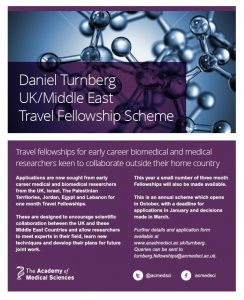The NIHR has launched 5 new mental health research funding opportunities into the promotion of good mental health and the prevention or treatment of mental ill health.
This is coincides with the launch of the framework for mental health research: https://www.gov.uk/government/publications/a-framework-for-mental-health-research
17/110 EME Mental Health Themed Call
Closing date: 27 March 2018
The EME Programme are participating in the Themed Call: promotion of good mental health and the prevention or treatment of mental ill health across the whole life course
17/113 HTA Mental Health Themed Call (Primary Research)
Closing date: 28 March 2018
The HTA Programme are participating in the Themed Call: promotion of good mental health and the prevention or treatment of mental ill health across the whole life course
17/152 HTA Mental Health Themed Call (Evidence Synthesis)
Closing date: 28 March 2018
The HTA Programme are participating in the Themed Call: promotion of good mental health and the prevention or treatment of mental ill health across the whole life course
17/111 PHR Mental Health Themed Call
Closing date: 10 April 2018
The PHR Programme are participating in the Themed Call: promotion of good mental health and the prevention or treatment of mental ill health across the whole life course
17/112 HS&DR Mental Health Themed Call
Closing date: 26 April 2018
The HS&DR Programme are participating in the Themed Call: promotion of good mental health and the prevention or treatment of mental ill health across the whole life course

